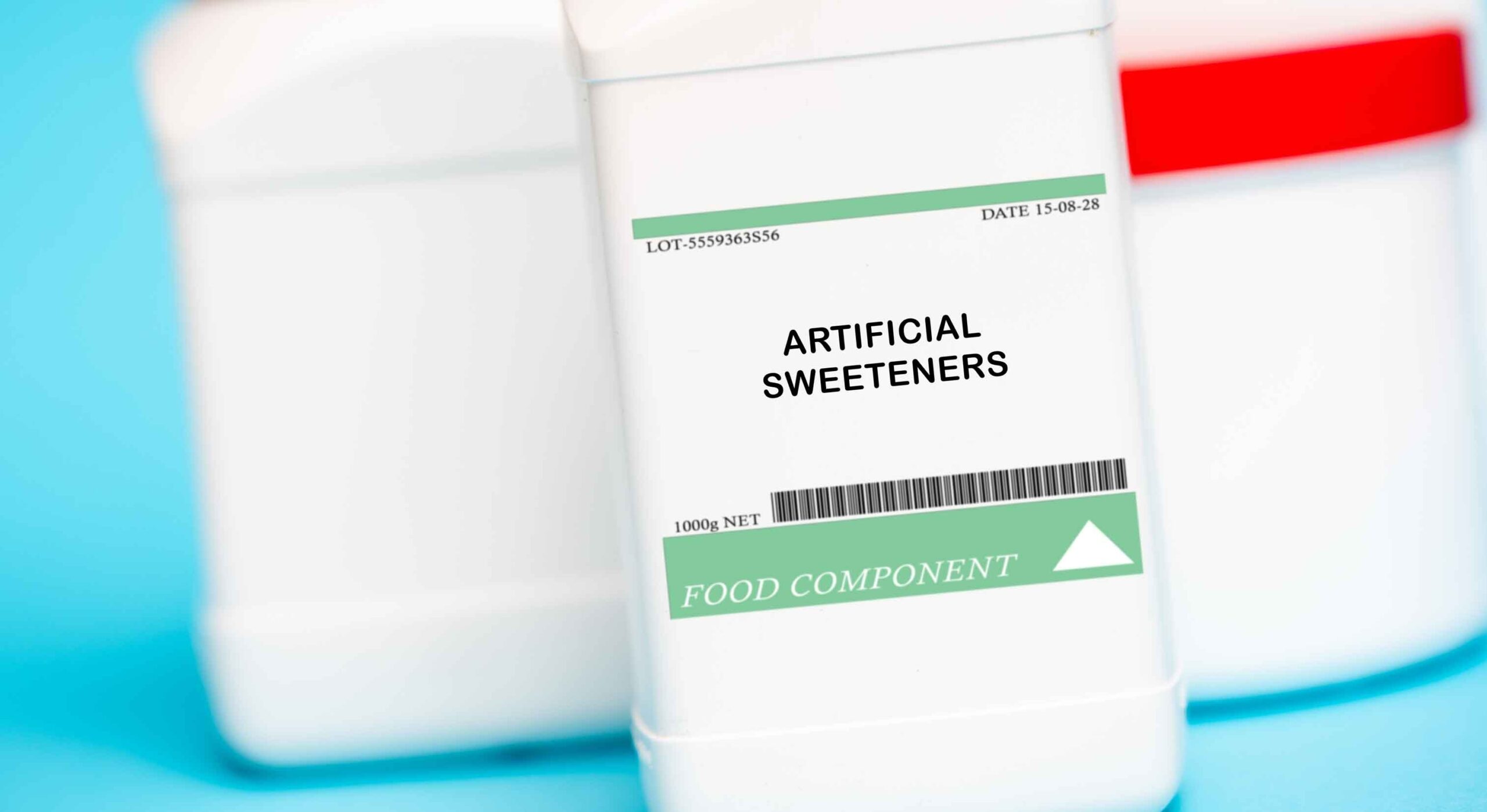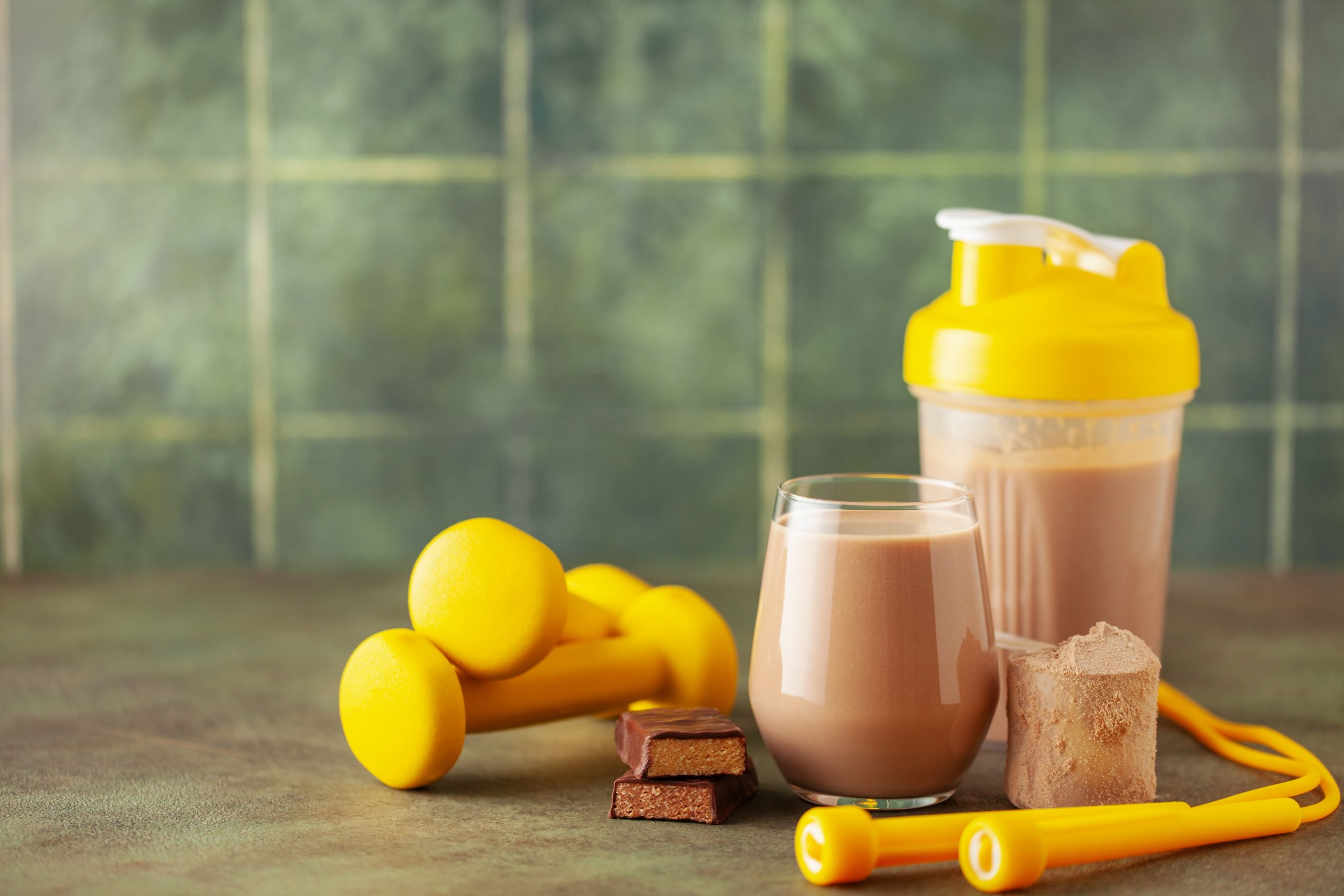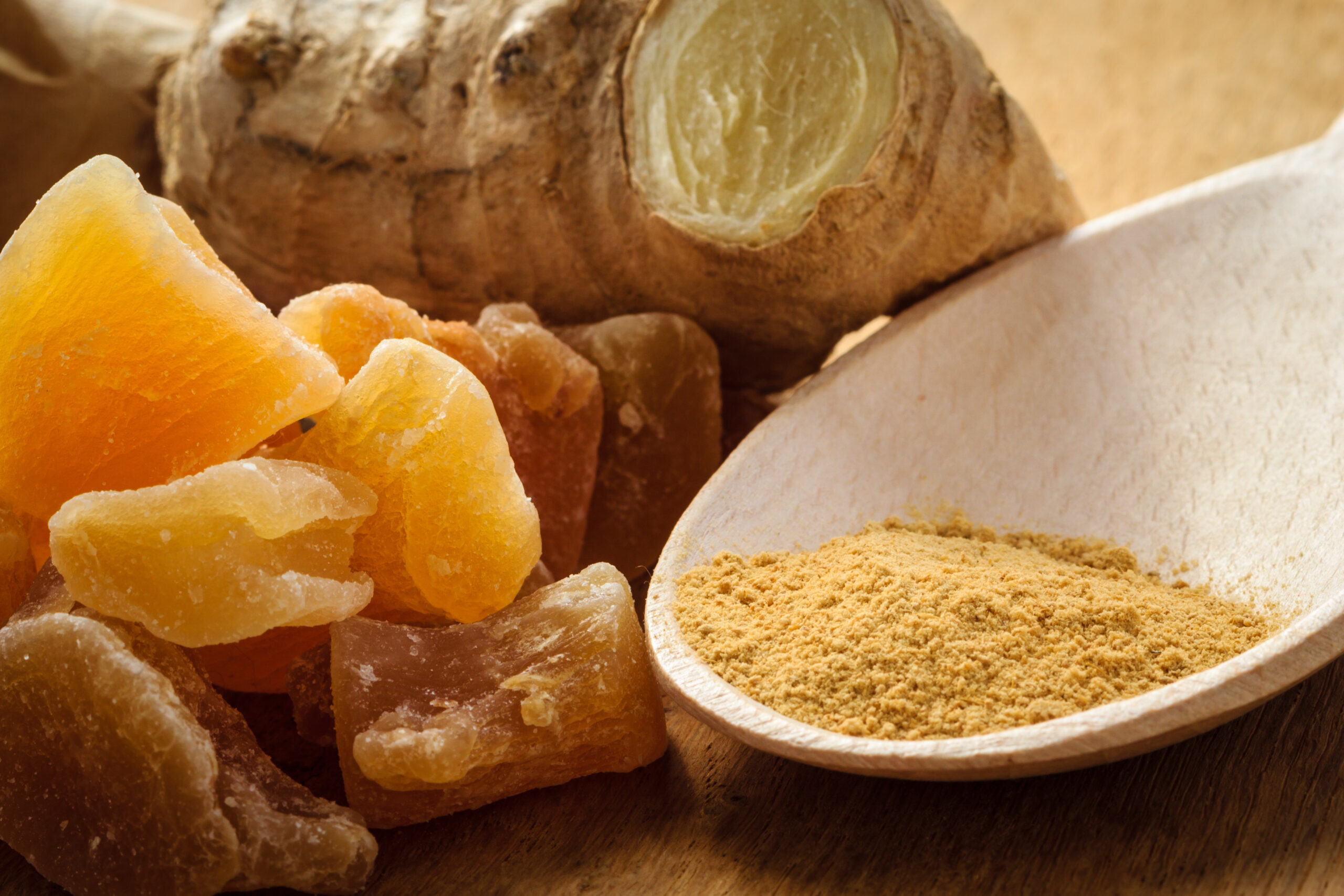A widely consumed artificial sweetener threatens to undermine life-saving cancer treatments, potentially sabotaging the immune system’s ability to fight deadly tumors.
Story Overview
- Sucralose consumption above 0.16 mg/kg daily reduces immunotherapy effectiveness in cancer patients
- 132 patients with melanoma and lung cancer showed poorer survival rates when consuming high sucralose levels
- Arginine supplementation restored immune function in preclinical studies, offering potential intervention
- First major study linking artificial sweeteners directly to compromised cancer treatment outcomes
Artificial Sweetener Undermines Cancer Treatment
University of Pittsburgh researchers discovered that sucralose, commonly known as Splenda, significantly impairs immunotherapy effectiveness in cancer patients. The study tracked 132 individuals with melanoma and non-small cell lung cancer, revealing those consuming sucralose above 0.16 mg per kilogram of body weight daily experienced reduced treatment responses and shorter survival times. This threshold represents roughly the amount in two diet sodas for an average adult.
Published in Cancer Discovery, the research demonstrates sucralose’s dual attack on immune function through gut microbiome disruption and direct T cell impairment. Lead researcher Diwakar Davar stated the sweetener “impeded the effectiveness of immunotherapies across a range of cancer types, stages and treatment modalities.” This finding particularly concerns conservatives who value personal health freedom and distrust government dietary recommendations that promoted artificial sweeteners as safe alternatives.
Watch: New Study: This Artificial Sweetener Could Make Cancer Treatment Less Effective –
Simple Supplement Offers Hope for Recovery
The study’s most encouraging discovery involves arginine, an amino acid that restored immune function in laboratory models. Researchers found arginine supplementation counteracted sucralose’s harmful effects, improving treatment outcomes in preclinical trials. This represents practical hope for cancer patients currently consuming artificial sweeteners, offering a potential solution without requiring complete dietary overhaul.
Popular sweetener could make cancer treatment less effective, study finds https://t.co/HK8FgDJK9F #FoxNews
— strong bear (@hjtgroup) September 10, 2025
Assistant Professor Abby Overacre emphasized developing “practical interventions rather than drastic dietary changes” for affected patients. The amino acid approach aligns with conservative principles of individual responsibility and market-based solutions, allowing patients to make informed choices rather than relying solely on government restrictions or pharmaceutical interventions.
Government Oversight Failures Exposed
The FDA’s decades-long endorsement of artificial sweeteners as safe alternatives now appears shortsighted, particularly for cancer patients whose compromised immune systems require maximum support. Medical oncologist Jack Jacoub praised the study’s scientific rigor while calling for immediate clinical trials to validate arginine supplementation.
The findings demand immediate integration of dietary screening into cancer care protocols, representing common-sense medical practice that prioritizes patient outcomes over regulatory convenience. Cancer patients deserve transparent information about how everyday food choices might impact their survival, empowering them to make informed decisions about their treatment and recovery strategies.
Sources:
Popular artificial sweetener sucralose may negatively affect cancer immunotherapy – Medical News Today
Cancer treatment could be less effective if patients consume popular sweetener – Fox News
Sucralose could make cancer treatment less effective – University of Pittsburgh
Could a sweetener be sabotaging cancer immunotherapy? – Williams Cancer Institute
Sucralose immunotherapy less effective – Science News









